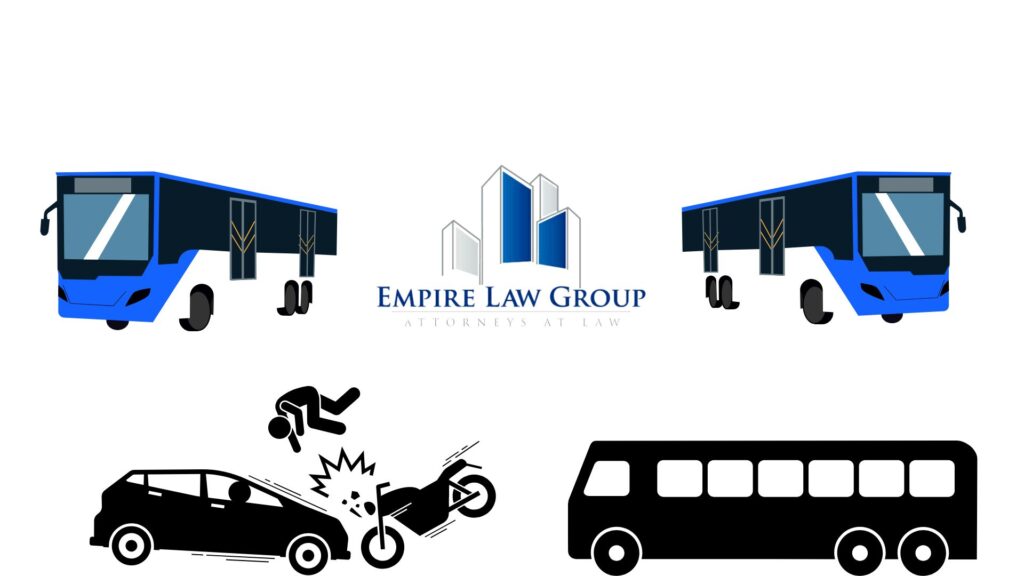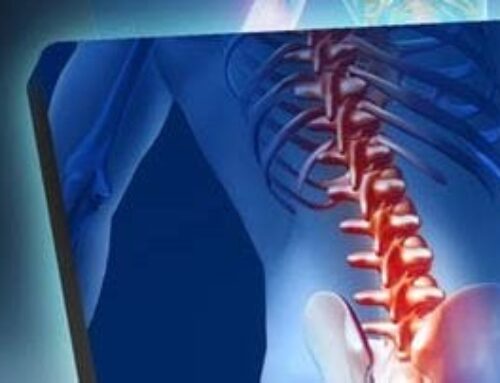Las Vegas Legal Counsel for Motorcycle Accidents
Navigating the Legal Landscape of Motorcycle Accidents
The act of riding a motorcycle inherently exposes individuals to potential risks of personal injury, property damage, and associated liabilities. A motorcycle accident often triggers legal complexities involving product liability, personal injury claims, and property rights. This comprehensive overview elucidates the legal dimensions entailed in being part of a motorcycle accident.
Typically, accidents arise from the negligence of another party. In the aftermath of a motorcycle accident, accountability becomes a pivotal concern. The responsible party may be the rider if their actions reflect recklessness, a third party whose negligence contributes to the incident, or even the motorcycle manufacturer if a defective product is implicated. In certain instances, a combination of factors may contribute to the accident’s occurrence.
Helmets and Their Role in Motorcycle Accidents
For many motorcycle enthusiasts, the allure of riding lies in the unfiltered connection with the elements—the unbridled freedom unhindered by barriers between the rider, passengers, and the wind. However, the issue of helmet usage surfaces concerning personal injuries resulting from motorcycle accidents. Opting not to wear a helmet escalates the risk of harm to the rider.
Several states have enacted laws mandating helmet usage during motorcycle rides. The debate on compulsory helmet laws transcends concerns about a rider’s vulnerability to injury; it delves into constitutional considerations, specifically the right to property. Some argue that such laws unduly restrict an individual’s right to fully enjoy their motorcycle use. This viewpoint, substantiated in various jurisdictions, contends that mandatory helmet laws encroach upon the constitutional right to unrestricted motorcycle enjoyment.
Moreover, the mandatory helmet debate extends to the legal presumption of negligence. If a motorcycle rider violates traffic laws related to helmet usage during an accident, the legal presumption often arises that the rider is at fault. This presumption can influence liability determinations in the aftermath of a crash.
Defects, Recalls, and Legal Responsibility
State regulations exist to mitigate the risk of personal injuries caused by motorcycles. Compliance with state safety standards is mandatory, overseen by the National Highway Traffic Safety Administration (NHTSA), a government agency dedicated to safety regulations. In cases of discovered defects, the NHTSA issues safety recalls. Motorcycle manufacturers are legally obliged to rectify defects at no cost to customers. Neglecting this obligation constitutes negligence on the part of the manufacturer, potentially attributing liability for ensuing damages resulting from the defect.
However, the onus also falls on motorcycle owners to adhere to recalls promptly. Failure to comply renders the owner personally liable for damages resulting from the defective motorcycle.
Navigating the Complexity with Legal Guidance
Motorcycle accidents engender intricate issues surrounding personal injuries, requiring a nuanced understanding. A personal injury lawyer is instrumental in elucidating the intricacies of individual cases, discussing available remedies, and crafting a strategic legal approach. Clients play a pivotal role in furnishing relevant facts, empowering their legal representatives to build a robust case. Adhering to these crucial points ensures legal protection in the context of personal injury arising from motorcycle accidents. In such situations, seeking counsel from an adept Las Vegas motorcycle accident attorney is imperative for a comprehensive and effective legal strategy.


